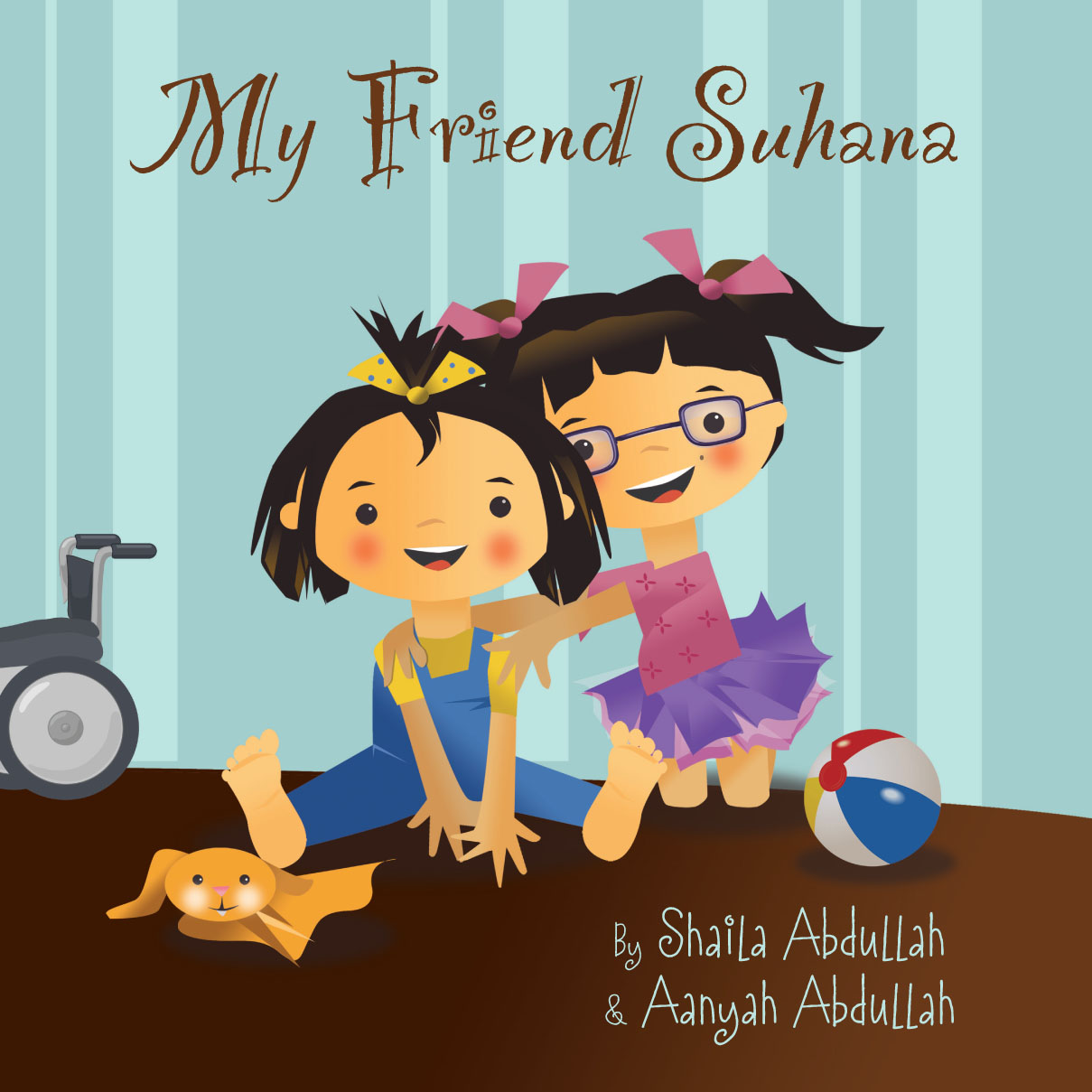 Have you ever wondered what it is like to be trapped in a body that refuses to follow the commands of your mind? Now imagine a 7 year old in that situation. In the child’s medical file, a single label sets the course of her life: cerebral palsy. Sitting in a wheelchair, she waits on the sidelines at recess. Around her, there is the sound of life being lived to the fullest––kids chasing each other, running, swinging high in the air, playing hopscotch!
Have you ever wondered what it is like to be trapped in a body that refuses to follow the commands of your mind? Now imagine a 7 year old in that situation. In the child’s medical file, a single label sets the course of her life: cerebral palsy. Sitting in a wheelchair, she waits on the sidelines at recess. Around her, there is the sound of life being lived to the fullest––kids chasing each other, running, swinging high in the air, playing hopscotch!
Except for her! Her arms twitch. Yearning to connect, to reach out to another.
A child walks up to her and takes her hand in her hand. Her new friend kneels down and starts talking to her. Engages her in nonverbal play. Draws a face in the dirt with a stick! Laughs. The girl in wheelchair gets excited. She wants to smile but she can’t.
Her friend smiles for her.
I am happy to introduce you to my children’s book, My Friend Suhana, coauthored with my 10-year old daughter Aanyah Abdullah. It is a story about a little girl who forms a close bond with a girl who has cerebral palsy. The little girl finds that through her art, she can reach her special friend Suhana. My Friend Suhana is targeted for children ages 6-8 years. The illustrations were also created by me, with Aanyah serving as a creative director.
My daughter, Aanyah, is the inspiration behind this project. Back in 2011, when she was barely 7, she wrote an essay in class about her friendship with a non-communicative girl with cerebral palsy. The essay touched me deeply, as did the friendship between the two girls. Art, I observed, played a major role in strengthening their bond.
Around the same time, I noticed an alarming gap in children’s literature dealing with disability, especially those that encouraged friendships between mainstream children and children with special needs. I felt that a book like My Friend Suhana would be instrumental in providing tips and tools for both children and parents of special needs children who often find it hard to explain their children’s disability to other children.
Hailed as “Highly recommended for anyone in the position of mentoring a beloved child through the hard places of life” by critics, My Friend Suhana celebrates special friendships and ways of reaching children with disabilities. Dawn Cruzan, president of Camp Craig Allen for all abilities lauded My Friend Suhana for its message of respect, friendship, and support. “As a leader in advocating for the ‘most overlooked’ disabilities, which sometimes include nonverbal communication, this was outstanding in providing these differences,” she said.
My hope is that by reading this book, children would feel equipped to connect and bond with children with disabilities. Not all friendships need words to be perfect. Some are connections of the heart!
Learn more and share My Friend Suhana
Originally posted at Special Needs Book Review on 05/18/2014




